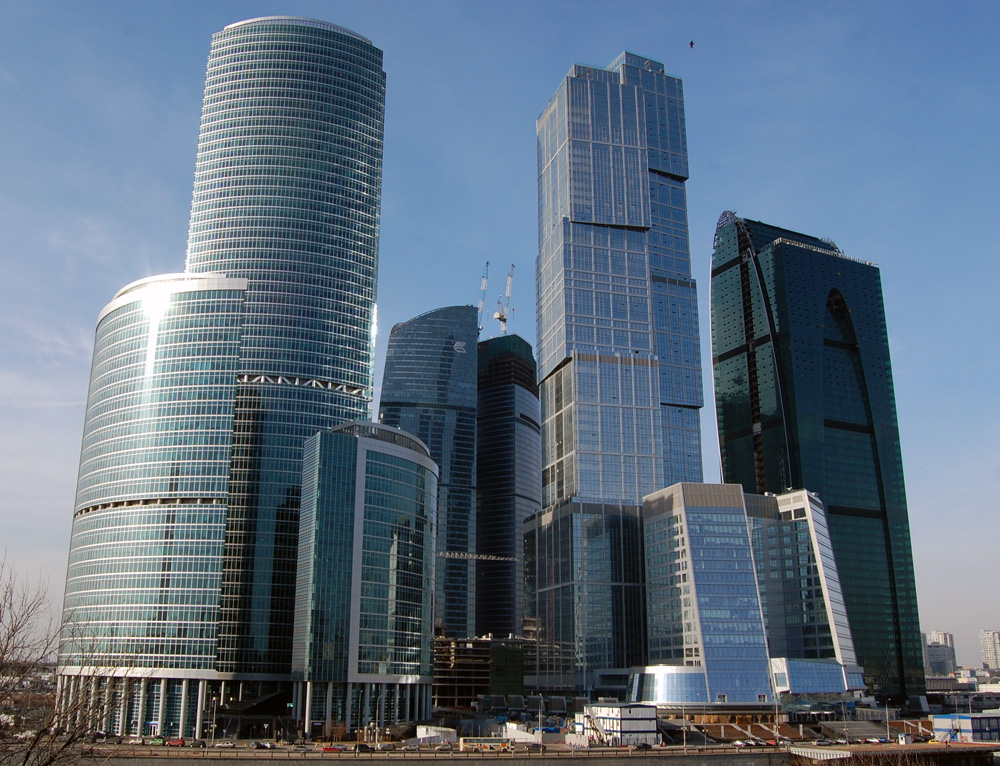Another common observation with Autistic people is the intense narrow interests. For people on the more verbal/social end of the spectrum this is sometimes the most recognizable trait. Many times the intense interest is in a rather arcane topic, other times it's on a topic that can make someone a living. "Perseverations" is a word commonly used to describe these specialized interests, but some take issue with this word. Why can non-Autistic people have "hobbies" but if they are Autistic it's a perseveration or even an obsession. Some prefer to use the word "passions" to describe these interests. I'm not saying that a person should never make any attempts to be more well-rounded or that there are not some "obsessive" interests" can't be gently redirected in way that can be more useful, but many times there is a double standard in deciding what is "healthy" and what is not. Some people use the term savant skill to describe the intense giftedness in a narrow area, but even this term can be a bit too strong.
This phenomena I'm describing is one reason not to put too much stock in IQ test numbers, not to say that standardized testing has no purpose but I'm just saying not to read too much into it. Autistic people tend to score all over the map on IQ tests from mentally challenged to genius, but the story is in the details. A large amount of people on the spectrum are unevenly skilled, me included. A lot of these standardized tests may show deep but narrow proficiencies in one or several different areas, but it doesn't always mean they will succeed in the workplace. Even in specialized fields one's interest or their knowledge in the area may way too narrow. Lets say a person knows a craft and is a genius at making a certain object. Centuries ago the person may have made a good living doing selling their product or service and passed as normal their whole lives. Today the business world is far more complicated. No matter what a person's expertise self-employment requires things like organizational skills, a maze of business laws and paperwork to stay legal, social skills, even something as simple as an EBay store requires paperwork. One of the reasons people think there is a so called "Autism epidemic" could be from what I described above. A lot of vocational rehabilitation places do not take unevenly skilled people into consideration! If they do, many times it's only lip service. I think it is a little more simple to place people with physical disabilities in respectable jobs. When someone has an invisible disability people are less understanding. I don't want to paint all places with one brush as I have dealt with some well intentioned people, but I do feel as though I was put on a linear spectrum that runs from "slow" to "smart". Another issue I have with some "vocational rehabilitation" is that they have little concern about making use of the talents people do have. I don't necessarily blame one group since many times they have little choices to work with, especially when the economy is bad for everyone. I know many big-box chain businesses are jumping onto the disability awareness bandwagon. I hate to sound cynical as this is still better than nothing but sometimes I don't know what to think. In many ways there is a glass ceiling. I'm not saying big business are always bad, I do shop at WalMart when I need to. It's just that these big-box places caused a lot of artisan and Mom-&-Pop businesses to shut down over the years. Of course they do create a lot of jobs, but not ones that will use people's talents, I mean most people have to work a boring job at least temporarily at some point in their lives, but these are dead-end jobs- not bad jobs, just not really careers. It sometimes seems as if the bureaucratic corporations that put a lot of potentially successful out of business are now coming to say well be happy to have you mop our floors. My first job was a long month and a half working at McDonald's. I was 17 and it's a typical first job for people that age unless you know the right people. I had a lot of people tell me congratulating me when I got the job, sounds gracious, but since when do 17 yr old guys get congratulated over a McJob?- at least not normal ones.
To make matters worse a lot of literature on Autism says that Autistic people tend to like sameness and repetition, and are happiest at the monotonous jobs that most others wouldn't want to do. I will bite my tongue and keep this "G" rated. That may be true for maybe a few individuals, but Autistic people are not machines. I'm not going the other extreme saying that Autistic people are sacred cows who should never do "busy work" and should should all be selling crafts on the Internet (Yes, I have tried stuff like that and barely even made a profit.). I just don't want people thinking everyone on the spectrum is just waiting be put in a day program to sort out spools of thread by color. I'm not an uppity person by any means, but I have found that whenever I tactfully and discreetly reminded some of these "bleeding hearts" that I did go to college (I don't have any fancy degrees but I had just as much education as some of the people working with me- I didn't say that of course!), that is the point where the sweet tone started to turn condescending. People then wonder why people tend to "bite the hands that feed them", and I didn't even bite! I also didn't want to be "fed" just the opportunity to feed myself.
Now back to perseverations: People who work with Autism are encouraged to "engage passions". This is a great idea, as long as it is sincere. What drives me nuts is when I talk to people about something I'm both interested in and somewhat knowledgeable on and I know for sure that they are just as interested but they're really not taking anything I say seriously, just being nice and doing their good deed of the day. My interests have changed over time, when I was little they were more typical Autistic (memorizing birthdays, state capitols...) but as I got older it was more weather, gardening, health, politics, religion, history, nerdy interests, but hardly arcane or trivial. I admit I sometimes over-did it and bored people a little, but it's not like I dropped a bowling ball on their foot either. I do believe it is healthy to engage the interests of Autistic kids in a reasonable way, but be sincere- an example would be people who fake interest in the Autistic person's favorite topic and ask questions and keep saying "Wow, you are so smart", "You're like a walking encyclopedia" "Wow" "You'd really make a great (fill in the blank) professor", and then after a few minutes comes the sarcastic grin "OK take care big guy"- I'm other words "We gave you your 3 minutes of being tolerated for the day, now it's time to go play, it so sad there's so many cruel people out there who aren't as understanding as we are." To aggravate things more we could have been discussing a topic that they really are curious about but probably didn't even remember anything I said. Sometimes people will even allow a little show-and-tell if we want to demonstrate some typical Asperger-ish interest like "the history of doorknobs from the 1930's", but if we touch on a more relevant issue that may elicit people to respect us more as equals or useful, that is when eyes start rolling and people lose patience. It's as if they think Autistic people are all naive and never know what their talking about unless they're talking about the model airplane they're shoving under someones nose. Yes, I know there are hypocrites out there hypocrites out there, but I find it ironic that many times these are the same people that are all gung-ho about Autism Awareness stuff. (And it almost seems like Autism Awareness memorabilia is as fashionable now as Abercrombie and Hollister was 10 years ago.)






























